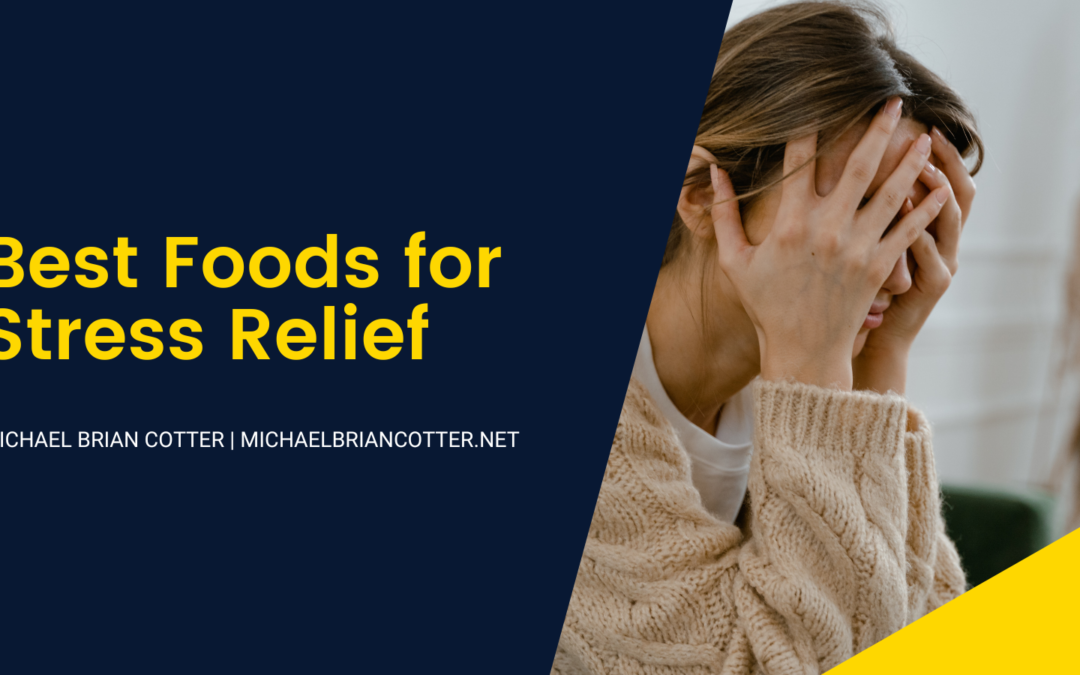If you’re stressed, you’ve probably heard the same things to conquer it multiple times: practice self-care, exercise, and get good sleep. Those three techniques are definitely good outlets for you to lower your stress levels. However, those aren’t the only ways that you can go about lowering your stress levels. Did you know that several foods can reduce the stress hormone cortisol in your body? Today, we will talk about foods that reduce cortisol levels in the body.
What is cortisol?
Cortisol is well known for contributing to your body’s natural fight-or-flight response. When you’re stressed physically or emotionally, cortisol is released by your adrenal glands, preparing your body to handle stress in that way. Unfortunately, if there’s no immediate threat where a fight or flight response is necessary, cortisol can actually be detrimental to your health, creating stress and anxiety when it’s not necessary.
Foods with a high Vitamin B level
When you’re looking at food to help lower your cortisol levels, you’ll want to have food that’s high in vitamin B– particularly B12. Vitamin B12 itself is a great vitamin that can help control your cortisol levels if they’re a bit out of control. On average, an adult should eat around 2.4 micrograms of vitamin B12 daily. If you’re looking for foods high in vitamin B, or B12 specifically, you can look for these:
- Beef
- Chicken
- Eggs
- Highly fortified cereal such as Cheerios
- Nutritional yeast
- Organ meats
Foods high in Omega-3 fatty acid
Reducing inflammation is one of the most important parts of reducing your stress. Omega-3 fatty acid has been shown to reduce inflammation, thereby interrupting the connection between stress hormones and symptoms of depression. One of the best ways that you can get this nutrient is through eating fish, but you can also get it from a number of different sources such as:
- Anchovies
- Avocados
- Chia and flax seeds
- Fish such as Herring, Mackerel, Tuna, and Salmon
- Olive oil
- Oysters
- Walnuts
Magnesium-rich foods
One thing that you might not know about magnesium is that it plays an important role as a mediator in stress levels. Magnesium can lower cortisol levels, reducing inflammation and generally relaxing your body. In a study by Golf et al., when given magnesium, cortisol levels decreased. You don’t always have to take a pill to get the necessary amount of magnesium; there are foods that can help you with your daily intake, such as:
- Avocados
- Bananas
- Broccoli
- Dark chocolate
- Pumpkin seeds
- Spinach
Unnecessary stress has been shown to be incredibly detrimental to our health. While you shouldn’t be relying on food to take away all of your stress, a healthy diet is a great tool to use in conjunction with other stress management techniques.
